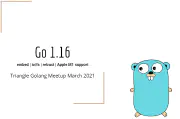
Application security focuses on the security and interactions of applications. Most information security focuses on observability or firewalling assets from external threat actors. Application security focuses on protecting the application and data directly from bad-actors who are attempting to compromise the system through the application's externally facing elements.








